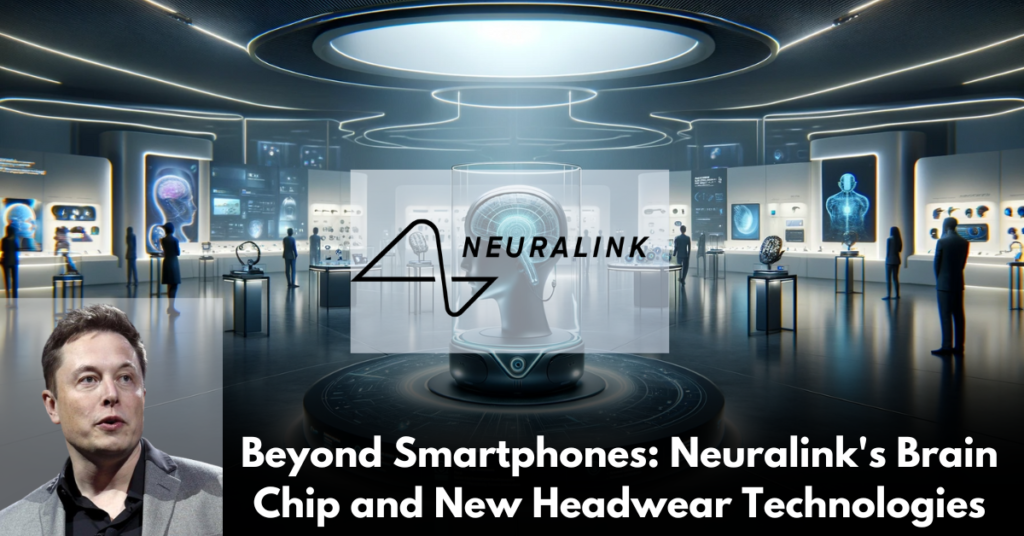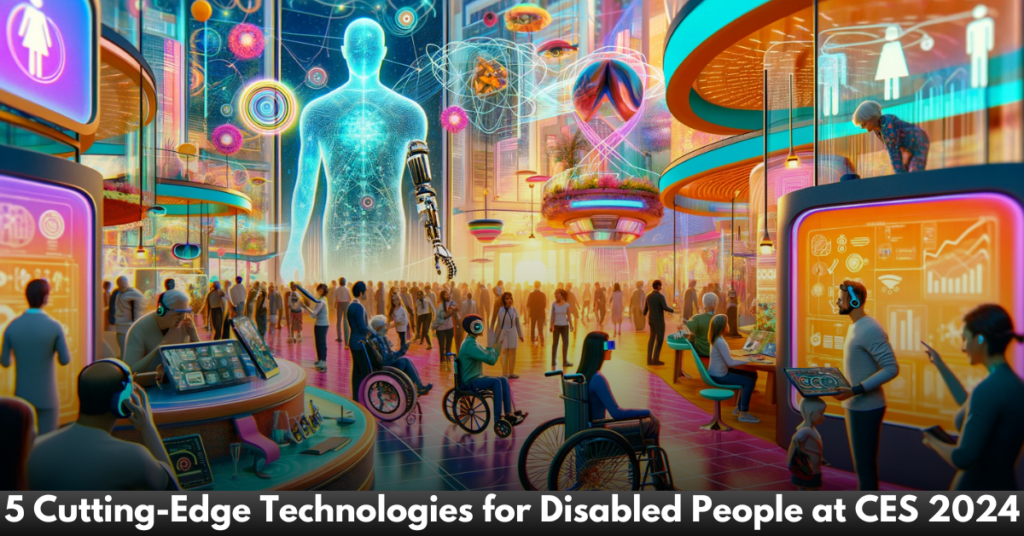Beyond Smartphones: Neuralink’s Brain Chip and New Headwear Technologies
Shipments of smartphones fell 3.2% in 2023, to 1.17 billion units, which was the lowest level ever. So, the tech industry is moving towards newer technologies that are more immersive, like neurotechnology and devices that you wear on your head. Elon Musk’s Neuralink has made waves with its revolutionary brain-computer interface, Telepathy, which aims to empower people to control devices with their thoughts. This groundbreaking invention was first made to help people who had lost the use of their limbs.
Facebook and Google’s MindControl
Facebook plans to create a non-invasive wearable device that can translate thoughts into text messages, while Google’s experimental project, MindControl, aims to enable individuals with disabilities to control electronic devices using their brain signals. It seems like there are a lot of ways to make people better, which gives us hope for a future where people can use their minds to easily interact with technology.
Concerns have been raised about Neuralink’s use of animals in tests, but the company continues to push the limits of neuroscience and is a symbol of the move beyond handheld devices. China is also developing its own brain-computer interfaces, aiming to challenge Neuralink’s dominance by 2025. China’s ambitious plans to challenge Neuralink’s dominance in the field of brain-computer interfaces by 2025 indicate the growing global interest in this technology.
As more nations put money into research and development, it becomes clear that mind control could be used for a lot more than just helping disabled people. While the ethical concerns surrounding animal testing must be addressed, the rapid advancements in neuroscience brought about by companies like Neuralink and China’s own initiatives promise an exciting future where the human mind could truly be the ultimate interface for technology.
Tech Giants Invest in Immersive Headwear
Tech firms are investing heavily in headwear devices that offer immersive experiences, such as Apple’s Vision Pro headset, Meta, previously known as Facebook, and Microsoft’s HoloLens 2. Microsoft’s HoloLens 2 offers an advanced mixed reality experience, allowing users to interact with holograms and digital content seamlessly. Google’s rumored project, codenamed “Google Glass Enterprise Edition,” aims to bring augmented reality glasses to the workplace, enhancing productivity and efficiency for professionals in various industries.
From Smartphones to Brain-Like Technologies
It’s becoming clearer that the smartphone market is already full, so the tech industry is moving towards technologies that are more like what your brain does. Neuralink’s brain chip and the emerging market for headwear devices reflect the industry’s relentless pursuit of innovation and commitment to shaping the future of human-computer interaction.



